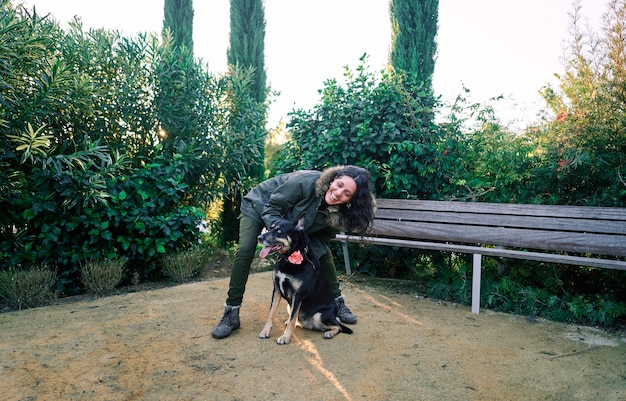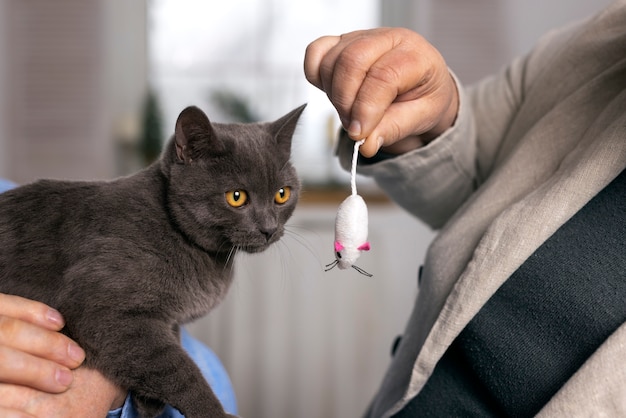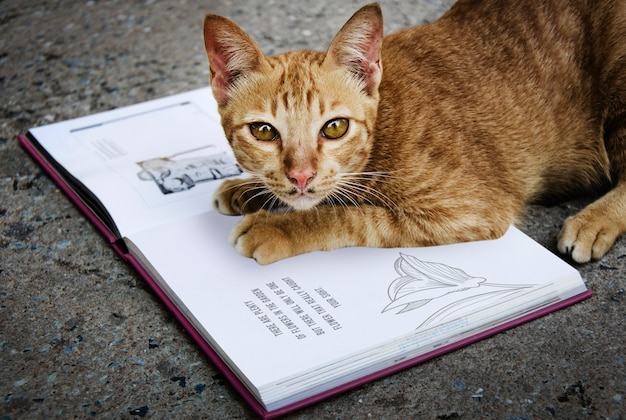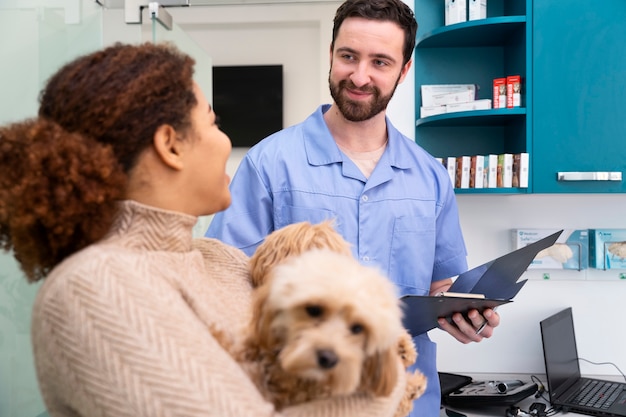Protecting Pets From Heat and Rain in Buford’s Summer

Protecting Pets From Heat and Rain in Buford’s Summer
Summers in Buford, Georgia are known for their intense heat, high humidity, and those sudden August downpours that can leave both people and pets seeking shelter. As pet owners in Buford and surrounding communities know, keeping cats and dogs safe, cool, and healthy through these challenging summer conditions requires extra attention and proactive care. At Express Vets Buford, located at 4108 Hamilton Mill Road, Suite 310, Buford, GA 30519, our veterinary team is here to guide you through the unique challenges that hot, rainy Georgia summers bring.
This blog will help you recognize the signs of heat stress and weather-related issues in pets, understand why these conditions occur, and learn practical steps for keeping pets cool in summer. We will also discuss when it’s time to consult with a veterinarian and how our comprehensive pet care in Buford supports your pet’s health all season long. If you’re searching for reliable pet summer safety Buford information or looking for a “vet near me,” you’ve come to the right place. Let’s explore how to keep your furry family members safe, happy, and comfortable during the dog days of summer.
Recognizing When Your Pet is Struggling With Summer Weather
Pets respond to heat and humidity differently than humans, making it essential for owners to recognize when their furry friends might be at risk. Dogs and cats have limited ways to cool themselves, and rainy conditions can create additional hazards. Identifying early warning signs of distress is critical to preventing more serious health issues.
In the summer, common symptoms of overheating in pets include excessive panting, drooling, and seeking shade or cool surfaces. You might also notice your pet becoming lethargic, having difficulty walking, or even collapsing in more severe cases. For cats, subtle signs like grooming excessively or hiding can signal discomfort from the heat. Rainy weather brings its own set of challenges, such as muddy paws, wet fur, and increased exposure to parasites and skin infections. If your pet starts scratching more than usual or develops red, irritated skin after being outdoors, these may be signs of weather-related dermatological issues.
Pay close attention to your pet’s behavior after time outside, especially on hot or rainy days. If you notice any of these symptoms, it is important to implement cooling measures immediately and monitor your pet closely. When signs persist or worsen, seeking veterinary advice is always recommended to ensure your pet’s safety.
Why Buford’s Summer Puts Pets at Risk
The combination of Georgia’s high temperatures, humidity, and frequent summer storms creates a unique set of risks for pets in Buford. Understanding these environmental factors helps pet owners take proactive steps to protect their animals.
The primary challenge comes from the region’s heat and humidity, which can quickly overwhelm a pet’s natural cooling mechanisms. Unlike people, dogs and cats do not sweat through their skin; instead, they rely on panting and limited sweat glands in their paws. High humidity further reduces the effectiveness of panting, making it harder for pets to release excess body heat. Prolonged exposure to these conditions can lead to heat exhaustion or even heatstroke, both of which can be life-threatening without prompt intervention.
Rainy summer days add complexity to pet care routines. Wet surfaces can harbor bacteria and parasites that thrive in warm, moist environments. Pets walking through puddles or tall grass may pick up ticks, fleas, or even develop skin infections when their fur remains damp for too long. Additionally, thunderstorms may trigger anxiety in some pets, leading to behavioral changes or attempts to escape from perceived danger.
The local climate in Buford and its surrounding communities means pet summer safety Buford concerns are not just about staying cool, but also about managing the heightened risks of parasites and weather-related illnesses. That’s why regular parasite prevention and control is a vital part of comprehensive pet care in Buford during the summer months.
Keeping Pets Cool and Safe: Treatment and Management Strategies
Our veterinary professionals at Express Vets Buford are committed to guiding you through the best ways of keeping pets cool in summer and managing the impact of heat and rain on your pet’s health. Professional care and home management work hand in hand to reduce risks and support your pet’s well-being.
During your visit, our veterinarians will assess your pet’s individual risk factors, such as breed, age, weight, and medical history, all of which can influence how well your pet tolerates heat and humidity. For pets with existing health conditions or those showing signs of heat stress, treatment approaches involve immediate cooling measures, intravenous fluids, and supportive care as needed. Our primary care veterinary services also include regular wellness exams to monitor for early signs of heat-related illness and catch potential problems before they escalate.
If your pet has developed skin issues from wet, humid weather, our team may recommend specialized treatments such as medicated shampoos or topical medications. We also offer dermatology services to address chronic skin conditions and help protect your pet’s coat from the effects of summer storms.
For pets that suffer from anxiety during thunderstorms, behavioral consultation may be recommended to help develop coping strategies and, if appropriate, discuss safe anxiety-relief options. Our team works closely with you to tailor a care plan that aligns with your pet’s needs and your lifestyle.
Practical Tips for Preventing Heat and Rain-Related Pet Health Issues
Simple changes to your daily routine can make a big difference in pet summer safety Buford outcomes. Pet owners in Buford and surrounding communities can help keep pets safe and comfortable by following a few preventive measures.
Always provide fresh, cool water for your pet, both indoors and outside. Shaded areas are essential for outdoor pets, but the best practice is to keep them indoors during the hottest parts of the day, usually between 10 a.m. and 4 p.m. Walk dogs early in the morning or later in the evening when temperatures are lower, and stick to grassy surfaces instead of hot pavement, which can burn sensitive paw pads.
After rainy walks, dry your pet thoroughly to prevent skin irritation and check for ticks or other parasites. Regular grooming helps remove excess fur and keeps the coat healthy, especially in humid conditions. For pets prone to allergies or skin issues, consider routine checkups and allergy testing services to identify and manage environmental triggers.
Thunderstorm anxiety can be reduced by creating a safe, quiet space indoors where your pet feels secure. Playing gentle music or using a white noise machine may help mask the sound of storms. If your pet’s anxiety is severe, schedule a consultation with one of our veterinarians to explore additional support options.
Enrolling in a preventive wellness program and maintaining up-to-date vaccinations are also key components of keeping pets cool in summer and safe from seasonal illnesses. Our veterinary team can help you determine the best schedule for wellness visits and discuss the benefits of year-round parasite control tailored to the Buford climate.
When Should You Consult a Veterinarian?
While many summer safety tips can be implemented at home, certain situations call for prompt veterinary attention. Knowing when to seek professional help can be lifesaving for your pet.
If your pet exhibits persistent panting, drooling, lethargy, vomiting, diarrhea, or confusion after being in the heat, these are red flags that require immediate assessment by a veterinarian. Seizures, collapse, or unresponsiveness are medical emergencies; contact our team or the nearest emergency clinic right away. For pets with existing medical conditions, even mild heat stress can quickly become serious, so err on the side of caution and schedule an appointment if you are unsure.
Skin infections, persistent itching, or visible wounds following rainy weather should also be evaluated to prevent complications. If your pet’s anxiety during storms interferes with daily life, our veterinary professionals can help develop an effective management plan.
Express Vets Buford is dedicated to providing comprehensive pet examinations and ongoing support for pet summer safety Buford concerns. Our team is here to answer your questions and ensure your pet receives the highest standard of care in Buford and surrounding communities.
Keeping Your Pet Safe This Summer: Trust Express Vets Buford
Georgia summers are beautiful but pose unique challenges for pets. By staying alert to signs of heat stress and weather-related health issues, and by taking proactive steps, you can help your pet enjoy the season safely. Remember to keep fresh water available, provide shade, and avoid outdoor activity during peak heat. After rainy weather, dry your pet thoroughly and check for parasites, and never hesitate to reach out if you have concerns.
At Express Vets Buford, our veterinary team is committed to helping you navigate the challenges of keeping pets cool in summer. Whether you need advice on parasite prevention, have questions about wellness programs, or want to schedule a summer health check, our veterinarians are here for you. If you are looking for a “vet near me” who understands the needs of pets in Buford and surrounding communities, we invite you to experience the compassionate care our team provides.
To schedule an appointment or learn more about our comprehensive pet examinations, call us at (470) 326-5220 or visit us at 4108 Hamilton Mill Road, Suite 310, Buford, GA 30519. Your pet’s summer safety is our priority, and our veterinary services in Buford are designed to keep your furry companions happy and healthy all year long.
This article is intended for informational purposes only and does not replace professional veterinary advice. Always consult with your veterinarian regarding your pet’s specific needs and health concerns.



















